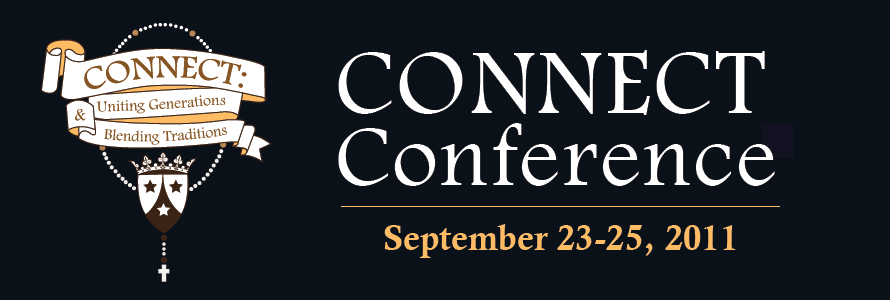"Now when Jesus came into the district of Caesare'a Philip'pi, he asked his disciples, "Who do men say that the Son of man is?" And they said, 'Some say John the Baptist, others say Eli'jah, and others Jeremiah or one of the prophets." He said to them, "But who do you say that I am?" Simon Peter replied, "You are the Christ, the Son of the living God." And Jesus answered him, "Blessed are you, Simon Bar-Jona! For flesh and blood has not revealed this to you, but my Father who is in heaven. And I tell you, you are Peter, and on this rock I will build my Church, and the gates of Hades shall not prevail against it." -Matthew 16:13-19If we look back in history to Jesus' time, we would see that Caesare'a Philip'pi was a place of worship of the Greco-Roman god, Pan, and also, later on, of the worship of Tiberius Caesar who considered himself a god. It is here that Jesus asks the question, "Who do you say that I am?"
In front of all of these other "gods" Simon Peter makes the bold proclamation, "You are the Christ, the Son of the living God." In a place teeming with worship of pagan gods, Simon Peter is the one who is not afraid to speak the truth. He is not deceived by the falsehoods being spoken or practiced around him. Simon Peter makes this declaration without Jesus telling him; it was through the inspiration of the Divine. Because of this, Jesus says,
"And Jesus answered him, "Blessed are you, Simon Bar-Jona! For flesh and blood has not revealed this to you, but my Father who is in heaven. And I tell you, you are Peter, and on this rock I will build my Church, and the gates of Hades shall not prevail against it."Jesus calls Simon Peter. In Greek, Peter means Petros, meaning rock. He continues to say that on this "rock", Petros, Peter, He will build his Church, "and the gates of Hades shall not prevail against it." If we go back 9 chapters in Matthew's Gospel to Chapter 7, verses 24-25, Jesus tells us that the wise man builds his house on rock, but not just on any rock. He says, "this rock". When we build our "house", our foundation for life and all that we stand for on the rock, the Church, the Bride of Christ, when the rains come and the winds blow, our "house" will NOT fall!
The beauty of the Church is all in all the Eucharist, for it is our "source and summit"! (CCC 1324) Another beautiful aspect of our faith is the papacy. Jesus himself implemented it. Up until the profession of faith by Peter, Jesus has avoided occasions of danger (Rf. John 7:30, 7:44, 8:59, 10:39), but now that the Church has a foundation, Peter, His time for offering up the one Sacrifice for all has come. (See Matthew 16:21) Jesus entrusts all that He taught and did to Peter to continue to hand on in His place. It is up to the Holy Father to "watch[] over the transmission of the true faith." (YOUCAT 141)
This is the beauty of the Papacy! We have, as a guide, a man to whom Jesus Himself has entrusted His Church. If Jesus has entrusted this to him, we should, in turn, trust and follow the guidance of the Holy Father; for his mission is to continue the work of Jesus and to lead the faithful towards their heavenly home!
Let us pray for our Holy Father, Pope Benedict XVI, that he may continue to guide us through the inspiration of the Holy Spirit, and that he may be protected from all harm so as to bring glory and honor to Our Lord Jesus Christ!
O God, the Shepherd and Ruler of all Your faithful people, mercifully look upon Your servant Pope Benedict XVI, whom You have chosen as the chief Shepherd to preside over Your Church. We beg You to help him edify, both by word and example, those over whom he has charge, that he may reach everlasting life together with the flock entrusted to him. Through Christ our Lord. Amen.
Written by Alycia, Special Events Coordinator for the Carmelite Sisters for the Aged and Infirm.


